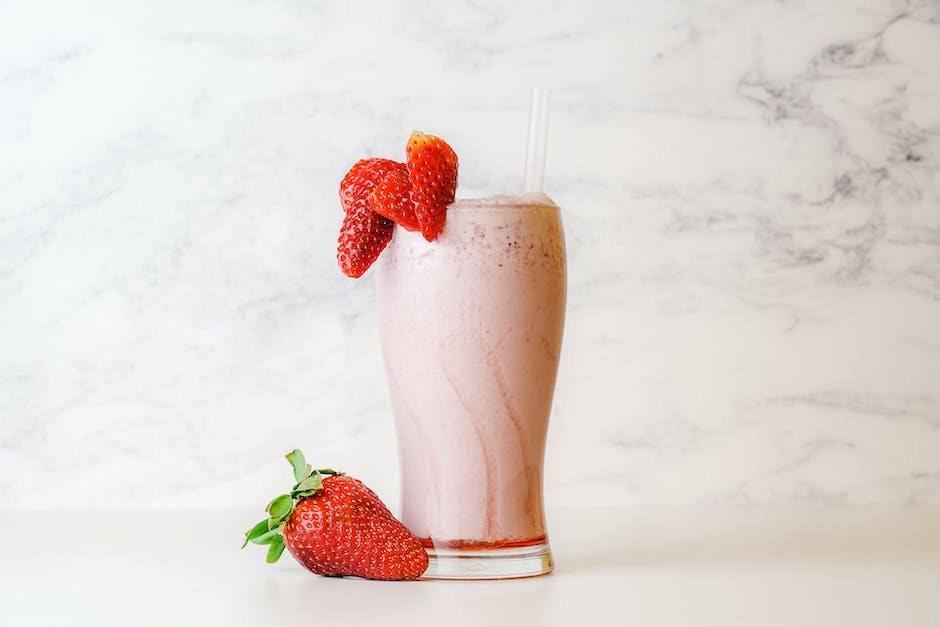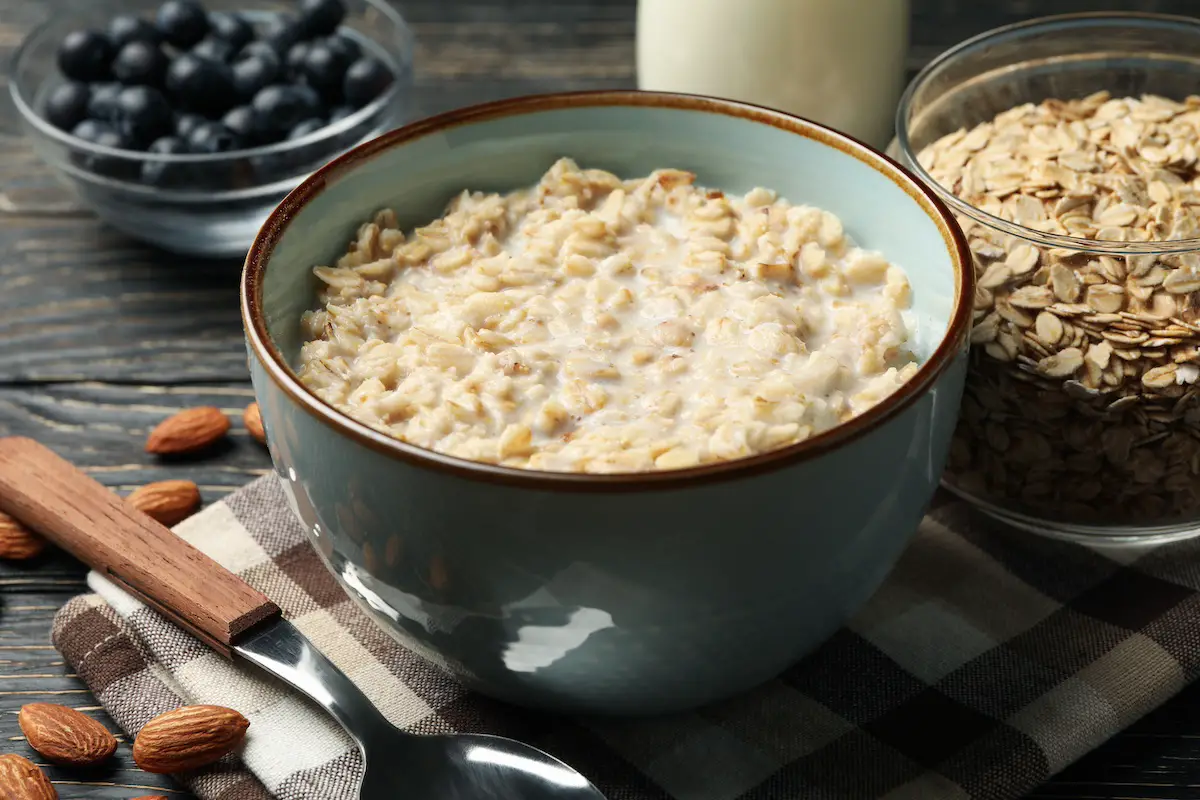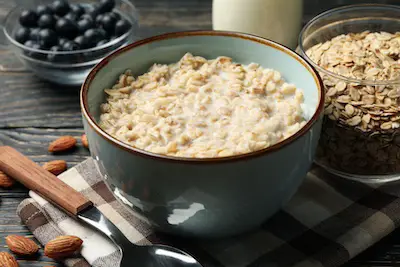Following a dental implant procedure, the right nutrition is not just vital for your recovery but also helps ensure the long-term success of your new tooth.
Choosing the best Nutrient-Rich Foods After Dental Implant can make a difference in how quickly and comfortably you heal. Here’s a simple guide to keep you nourished and satisfied while avoiding any complications or discomfort.
Soft and Gentle is the Way to Go
Initially, after receiving a dental implant, your mouth will be healing, so soft foods are your best friends. Here are some top picks:
- Smoothies: Packed with fruits, vegetables, and your choice of milk or yogurt, smoothies are a great way to get essential nutrients without chewing. Just skip using straws to avoid any suction action that might disrupt your healing.
- Soup: Warm (not hot) broth-based soups with soft vegetables or bits of tender chicken can be soothing and nourishing. Remember to keep it lukewarm to avoid irritating the implant site.
- Scrambled Eggs: Soft, easy to chew, and rich in protein, scrambled eggs can be a comfort food during your recovery period.
- Mashed Potatoes: Smooth and creamy, mashed potatoes can be a filling option that’s gentle on your mouth. Just ensure they’re well-mashed and lukewarm.
- Applesauce: This is a fantastic way to enjoy fruit without the need for biting or chewing. It’s also a good source of dietary fiber.
- Yogurt: High in protein and calcium, yogurt (especially Greek yogurt) is smooth on the palate and beneficial for your recovery diet.
Important Tips for Your Recovery Diet
- Stay Hydrated: Drinking plenty of water is crucial. It helps keep your mouth clean and supports overall health. Just remember not to use a straw.
- Avoid Hard and Sticky Foods: For now, say no to nuts, seeds, hard candies, or anything too chewy like caramel. These can be tough on your new implant.
- Keep it Cool: Hot foods and beverages can irritate the implant site. Opt for cool or lukewarm meals to avoid discomfort.
- Nutrient-Rich Choices: Focus on foods rich in vitamins A and C, as they help with healing. Smoothies and soups can be great vehicles for packing in those nutrients.
- Gradually Transition: As your mouth heals, you can slowly start reintroducing more solid foods. Listen to your body and your dentist’s advice on when to progress your diet.
By sticking to these recommendations, you’ll not only promote healing but also enjoy a variety of tasty and nutritious meals. Remember, taking care of your dental implant starts with mindful nutrition – it’s a crucial step in ensuring your smile stays bright and healthy for years to come!

Avoiding Harmful Foods
Now that we’ve covered the dos, let’s dive into the don’ts, specifically which foods to wave goodbye to after your dental implant surgery. Navigating your diet post-surgery is crucial for a smooth recovery, so here’s your no-go list!
Chewy Meats
Think twice before you bite into that steak. Tough, chewy meats can be a real workout for your jaw, putting unnecessary pressure on your new implant. It’s best to steer clear until your dentist gives the all-clear.
Crunchy Snacks
Crispy treats like chips, popcorn, or hard pretzels should be off-limits. These crunchy culprits can sneak into the surgical area, causing discomfort or even risking damage to your implant.
Sticky Foods
Sticky foods are a dental nightmare at the best of times, and even more so after an implant surgery. Items like caramel, taffy, or even some chewy candies can cling to and tug at the implant site.
Hard Foods
Nuts, seeds, and hard candies make the list of munchie misfits too. Biting down on something hard can disrupt the implant’s healing process and, in some cases, might even dislodge it.
Spicy and Acidic Foods
While they might tantalize your taste buds, spicy and acidic foods can irritate the sensitive tissues around your new implant. Items like oranges, tomatoes, and dishes high in spice should wait on the sidelines for now.
Alcoholic Beverages
It might be tough to skip the wine or beer for a bit, but alcohol can slow down the healing process. It’s wise to avoid alcoholic drinks for at least the first 24 hours post-surgery or longer, as recommended by your dental professional.
Remember, the road to recovery might seem long, but it’s all about protecting your investment in your smile. Each day without these potential pitfalls moves you closer to enjoying a fully healed and functional dental implant.
Keep in touch with your dentist, follow their advice, and you’ll be back to enjoying a more unrestricted diet before you know it.
Incorporating Vitamins & Supplements
Let’s dive into how vitamins and supplements can be your allies in the healing process, especially after you’ve undergone a dental implant procedure.
Vitamin C
First off, Vitamin C is your new best friend. It’s not just for warding off colds – this powerhouse vitamin aids in the formation of collagen, a crucial component of your gums and tissues around the implant.
Think of Vitamin C as the superhero coming to the rescue, ensuring everything knits together smoothly. An orange a day keeps the dentist’s concerns at bay!
Vitamin D and Calcium
Next up, Vitamin D and Calcium go hand in hand like peanut butter and jelly. Vitamin D helps your body absorb calcium, which is essential for bone health.
Since dental implants integrate into your jawbone, ensuring these levels are topped up can make all the difference. A little sunlight and a glass of fortified milk or a supplement can help you meet your needs.
Zinc
Don’t forget about Zinc. Though it’s a bit of an unsung hero, Zinc is vital for wound healing and immune function. A zinc deficiency can slow down your healing, so including sources like nuts, seeds, or a supplement can give your body the boost it needs.
Omega-3 Fatty Acids
Omega-3 Fatty Acids might sound fancy, but they’re just nutrients found in fish oil that can reduce inflammation, helping your gums heal faster and stronger. Adding a fish oil supplement or munching on some salmon can do wonders.
Probiotics
Lastly, Probiotics. Yes, the good bacteria. Taking a probiotic supplement can support your oral microbiome, promoting a healthy environment for your implant to heal. Think of them as friendly neighbors keeping the peace in your mouth.
Remember, while vitamins and supplements can significantly aid in the healing process, they should complement a balanced diet. Always consult with your healthcare provider before starting any new supplement, especially after a medical procedure like dental implants.
Choosing Nutrient-Rich Foods After Dental Implant
Incorporating these vitamins and supplements into your recovery routine can help ensure a smoother, quicker healing process, letting you get back to enjoying your favorite foods and that winning smile. Keep moving forward and watch how a little extra care makes a big difference in your recovery journey.










